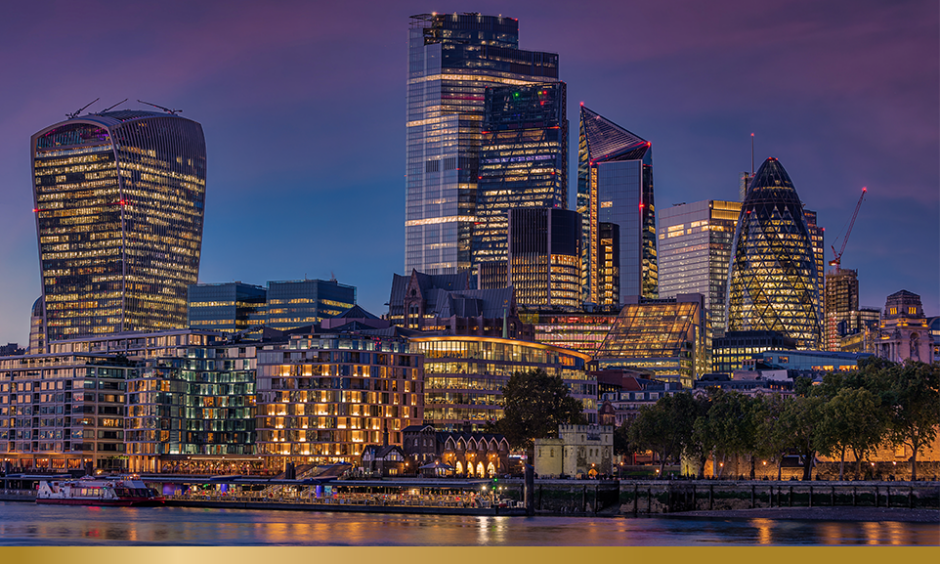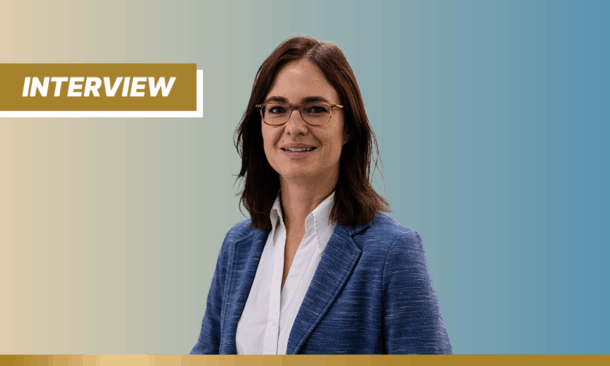Words by Isabel O’Brien
In a wide-ranging address that opened the 78th World Health Assembly in Geneva, the Director-General of the World Health Organization updated global health leaders on the WHO’s work to prepare for future pandemics, tackle the climate crisis and confront the rising threat of antimicrobial resistance (AMR).
“This is truly a historic moment,” Dr Tedros Adhanom Ghebreyesus told delegates, reflecting on three years of negotiations that led to the WHO Pandemic Agreement. The accord aims to bolster pandemic prevention and preparedness, outlining mechanisms for sharing vaccines, treatments and diagnostics, along with a pledge to allocate more pandemic-related health products to lower-income countries.
But the agenda extended beyond future outbreaks. Dr Tedros also spotlighted the climate crisis as an urgent and growing threat to health, announcing a new partnership with GAVI and UNICEF to bring solar power to 1,000 health facilities across Ethiopia, Uganda, Pakistan, and Zambia. In addition, a collaboration with past, present, and future COP presidencies is being sought to ensure health remains central to climate talks.
Health equity featured prominently in the address, particularly the challenges low- and middle-income countries face in accessing innovative medicines. With 33 agencies now recognised as WHO Listed Authorities, the approval process for new medicines is expected to accelerate. Last year alone, 126 medicines, vaccines and diagnostic tools were prequalified – a major step forward.
Still, improving access to medicine is only part of the solution. Dr Tedros also addressed the global health workforce gap, projected to reach 11 million by 2030. He said WHO would support countries in training and retaining more health workers, particularly in regions where migration and ageing populations are straining already fragile systems.
There was also positive momentum on AMR. More than 170 countries now have national action plans in place, and Nepal’s recent ban on certain antibiotic combinations signals growing political resolve. Last year also saw the release of WHO’s first guidance on wastewater and solid waste management in antibiotic manufacturing, aimed at reducing water supply contamination.
Taken together, the speech painted a picture of steady progress – with the WHO Pandemic Agreement standing out as a landmark achievement. Yet the message from Dr Tedros was clear: despite significant gains, there is still much work to do and global cooperation is essential.
“We are here to serve not our own interests, but the eight billion people of our world. To leave a heritage for those who come after us; for our children and our grandchildren. And to work together for a healthier, more peaceful and more equitable world. It’s possible. Our current crisis is an opportunity to do just that, and together, we will do it.”









